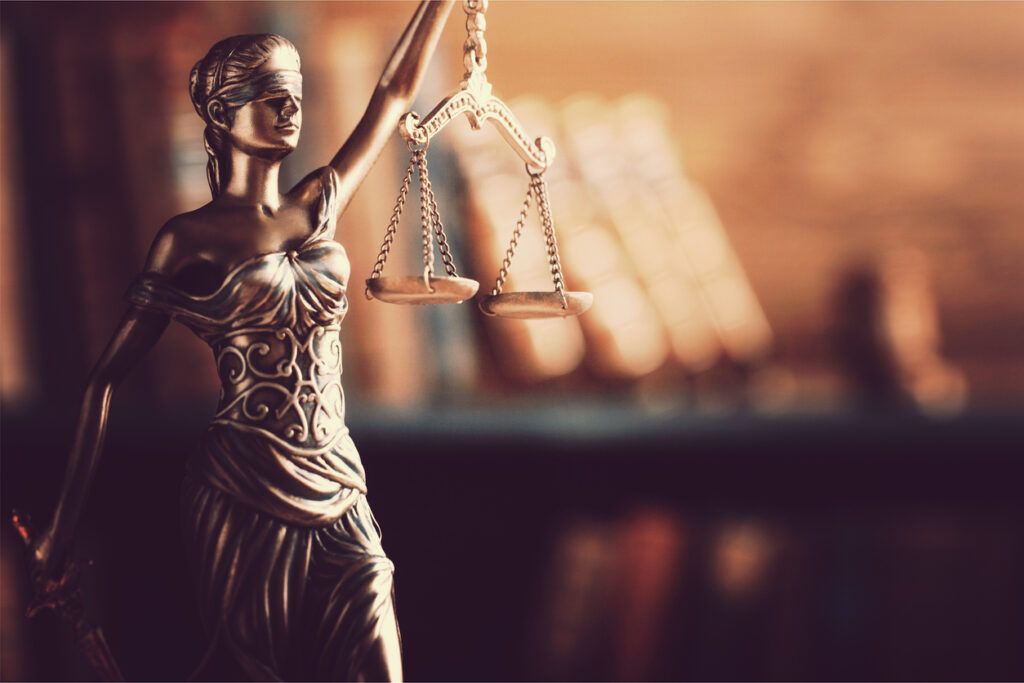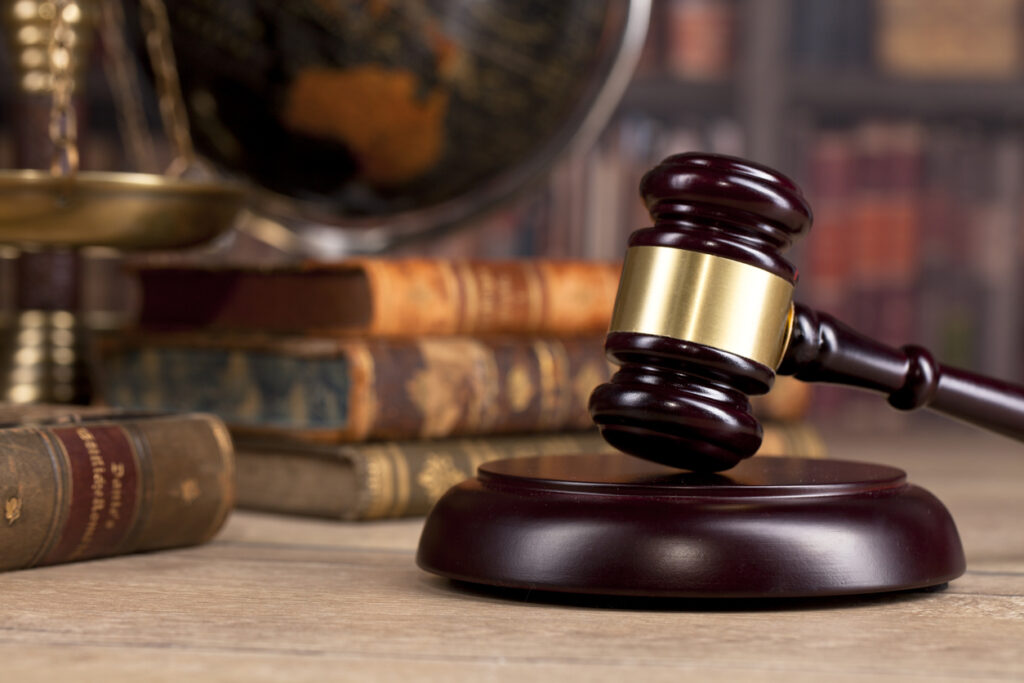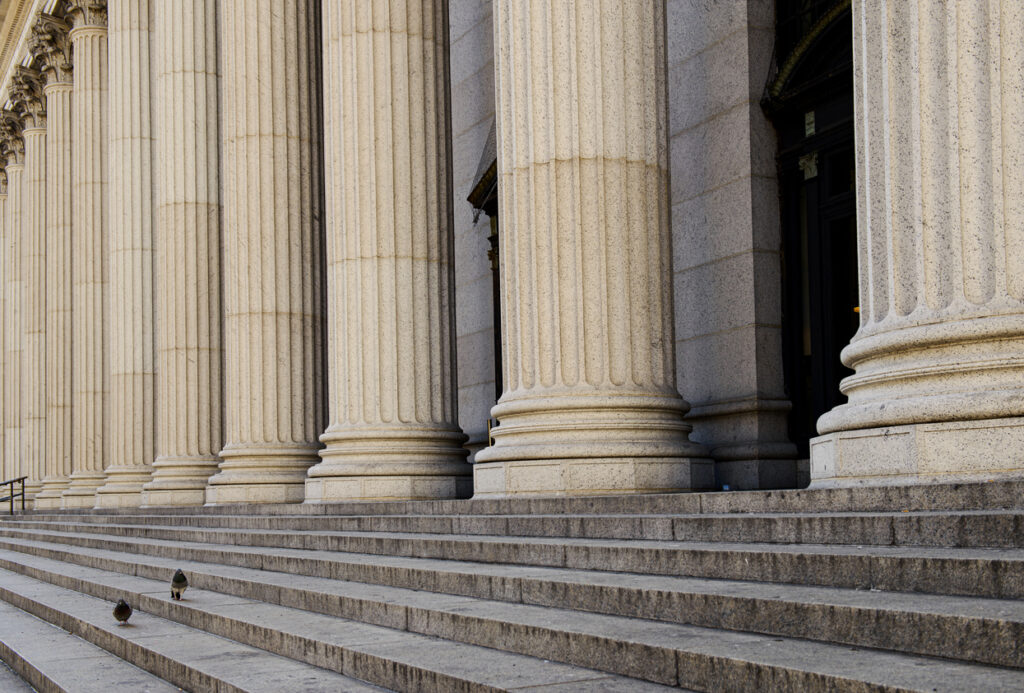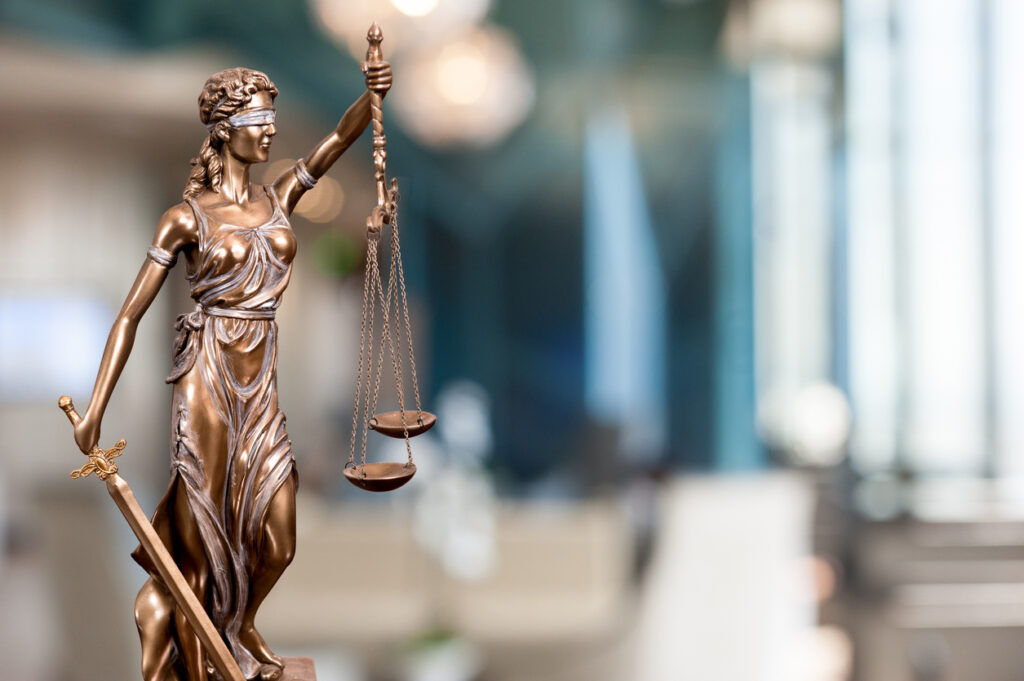
Minnesota’s DWI laws have become more strict in recent years due to injury and fatal accidents.
Breathalyzers and blood tests are more regulated and lower BAC limits have been instituted.
Enforcement tools like ignition interlock systems have been enhanced and are considered the norm for DWI/DUI convictions.
If you have been charged with a DWI in Minnesota, Sterle Law can utilize these legal changes and can exploit the weaknesses of the state’s laws and its case against you to your advantage.
With our extensive experience navigating DUI laws and procedures, we can help you fight driver’s license revocation, plate impoundment, motor vehicle forfeiture, and even criminal charges.
Through our dynamic criminal defense strategies, our goal is to ensure you retain your driving privileges.
DWI DUI laws are some of the most intricate and convoluted, as evidenced by the need for an entire chapter – Chapter 169A – in the state’s penal code.
Utilizing Sterle Law as your Minnesota DWI lawyer to help you closely navigate the complex DWI DUI laws ensures no legal opportunity is left untapped.
Regardless of whether you are charged with a first-degree or fourth-degree charge, retaining us will be essential to staving off personal and professional repercussions.
As a general understanding of DWI DUI laws, charges, and the legal process are critical, a brief, simplified guide to the state’s laws is below.

Driving under the influence (DUI) and driving while intoxicated (DWI) refer to the same offense in the state of Minnesota.
It is illegal to operate a motor vehicle while under the influence of drugs or alcohol, with a blood alcohol concentration (BAC) of .08 or higher (.04 for drivers of commercial vehicles) or with any amount of a Schedule I or Schedule II controlled substances other than marijuana.
Depending on the severity of the infraction, you will be charged with one of the following. Aggravating factors like previous convictions will impact the severity of the charge.
While there is considerable information regarding the degrees of charges for DWIs, brief information for the first through fourth degrees of charges are detailed below. Contact Minnesota DWI lawyers for more information.
A misdemeanor, a fourth-degree DWI may receive a maximum sentence of $1,000 fine or up to 90 days in jail, or both.
A gross misdemeanor, a third-degree DWI may receive a maximum sentence of $3,000 fine or up to one year in jail, or both.
Convictions for second-degree DWIs may receive up to one year in jail or a $3,000 fine, or both for the gross misdemeanor.
Convictions for a Test Refusal may receive up to one year in jail or a $3,000 fine, or both for the gross misdemeanor.
First-degree DWIs are considered felonies and are punishable by up to seven years in prison and a $14,000 fine.
You will likely experience the following legal process if you are pulled over by police officers for a DWI DUI, from field sobriety tests to sentencing:
Three different field sobriety tests have been standardized by the National Highway Traffic Safety Administration (NHTSA): HGN test, WAT test, and the OLS test.
Through the HGN test, a driver must follow a stimulus with their eyes. The walk and turn (WAT) test requires a driver to walk in a straight line while performing instructions provided by officers.

Finally, the one-leg stand (OSL) test measures a driver’s ability to maintain their balance while standing on one leg.
These field sobriety tests are not required by law. Consult with a criminal defense attorney for more information.
After field sobriety tests, a chemical test of the breath to determine a person’s level of impairment will also be administered. A preliminary breath test (PBT) is not required by law.
This test and the field sobriety tests are often utilized to establish a reasonable cause for DUI arrest for officers.
You may be arrested for your blood alcohol level (BAC) or for refusing to take a PBT and be taken to a police station or jail.
Once at the police station, you are then required by law to take an implied consent breath test. A blood or urine test at the hospital is another blood test option for measuring your intoxication levels.
In Minnesota, anyone who drives, operates, or is in control of any type of motor vehicle consents to a chemical test of breath, blood, or urine to determine the presence of alcohol or controlled substances in the body.
It has been determined by both the United States and Minnesota Supreme Courts that a law enforcement officer does not need a warrant to request a breath sample, but it is required for a blood or urine sample.

Within 36 hours of your arrest, you will be take you before a judge to determine the details of your release (i.e., bail or requirements to appear in court).
An arraignment approximately 30-60 days after arrest will be your first official court appearance during which you may enter your plea of guilty or not guilty.
Should you enter a not-guilty plea, a pre-trial conference will be scheduled. Updates to the case, plea bargains, and reduced penalties are discussed during pre-trial conferences.
If no plea bargain is made, the case will proceed to trial.
If you receive a guilty verdict, you would move to sentencing where you would likely receive jail time, fines, and/or probation.
Given the stricter DWI laws and technological advancements creating cracks in DWI DUI cases in the state, Minnesota DUI lawyer Chad Sterle’s process is to evaluate the timeline of events from the moment you made contact with police through interrogation and investigation to your arrest.
We’ll inspect your case for law enforcement mistakes, procedural discrepancies, and loopholes and weaknesses in the laws. Many such opportunities include:
Police in many jurisdictions are required to have reasonable suspicion that criminal activity has or is occurring to pull you over. Any evidence obtained during an illegal stop can be thrown out of court.
If a police officer stops you and searches you or your vehicle without reasonable cause or permission, this is a violation of the Fourth Amendment, which prohibits unreasonable searches and seizures.
Our team will work to classify evidence attained during an illegal search or seizure as inadmissible.

Breathalyzers and blood alcohol tests have been found to be unconstitutional by the Minnesota appellate courts and even the United States Supreme Court in some cases.
There has also been evidence of errors in testing and measurement inaccuracies. Questioning the validity of chemical BAC tests is a critical maneuver in crafting DWI DUI defense strategies.
Officers rely on field sobriety tests to determine or justify a probable cause for arrest. However, drivers are not required to take these tests administered by police, and the tests themselves are not an accurate measurement of a driver’s level of impairment.
Combatting the scientific validity and its use as a foundation for a DUI/DWI case are key opportunities for your criminal defense.
If you have been pulled over for a DUI/DWI, we recommend you handle the situation in the following manner:
Remember that you are likely being recorded by police officers and video evidence can be used against you, so politely refuse to answer questions regarding your consumption of drugs or alcohol. Refrain from rude remarks that will exacerbate the situation with law enforcement.
Comply with any requests made by law enforcement, like exiting your vehicle or patting you down.
Inform the officer in a calm voice if you are armed and that you have a permit to carry a concealed weapon in Minnesota, as well as inform the officer where the weapon is located.
Provide the officer with any necessary identifying information, but do not answer any additional questions, particularly if they are related to the consumption of substances.
In the state of Minnesota, you are not legally required to execute a field sobriety test.
Police officers may threaten arrest if you do not perform these tests, but do not submit to their intimidation tactics.
Minnesota Implied Consent Law applies to approved blood, urine, and breath tests to determine intoxication once at the police station or hospital.
Law enforcement may attempt to administer a roadside PBT, which is not required by Minnesota law, and the results of which are not admissible in court. Results can be utilized to determine probable cause.